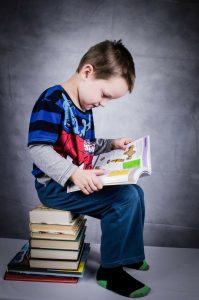Brain research has provided a foundation within the early childhood field. Brain research has shown that no child develops in the same fashion because all brains are different (Tokuhama-Espinosa, 2011). “The brain is possibly the most complex structure in the universe and our understanding of it is still in its infancy, in spite of the enormous strides in recent times in untangling some of its processes.” (Robinson, 2011, p. 9). The brain is unique in its function and make-up. There are no individuals that have the same brain not even identical twins.
Early childhood educators must recognize that each child is an individual in their brain development and thinking. It is important to develop the brain of young children to increase their functional development. Research studies have suggested that the early years of a child’s life are the most important for brain development and functioning. “It is generally agreed that the fastest period of brain growth is in the first four years or so of life, with the growth in the first year to eighteen months perhaps being particularly dynamic.” (Robinson, 2011, p. 9). When developing programs for young children it is important to provide activities that will address their developmental needs to stimulate their brain development.
Early childhood educators that have the knowledge base of how a young child’s brain functions will provide an age appropriate individual learning environment for the children. We help children to grow and develop by providing them with age appropriate experiences that increase their knowledge base and brain development. When we do not recognize how the brain is affected, we may not provide an individualized program that stimulates and promotes brain development. Therefore, the earlier a child’s brain is stimulated the easier it will be for them to learn later in life. When young children are provided the opportunities to build their knowledge base, with exposer to an age appropriate environment, they will be better prepared to learn in the future.
References
Robinson, M. (2011). Understanding behaviour and development in early childhood: A guide to the theory and practice. New York: Routledge.
Tokuhama-Espinosa, T. (2011). Mind, brain, and education science: A comprehensive guide to the new brain-based teaching. New York: W.W. Norton & Company.

